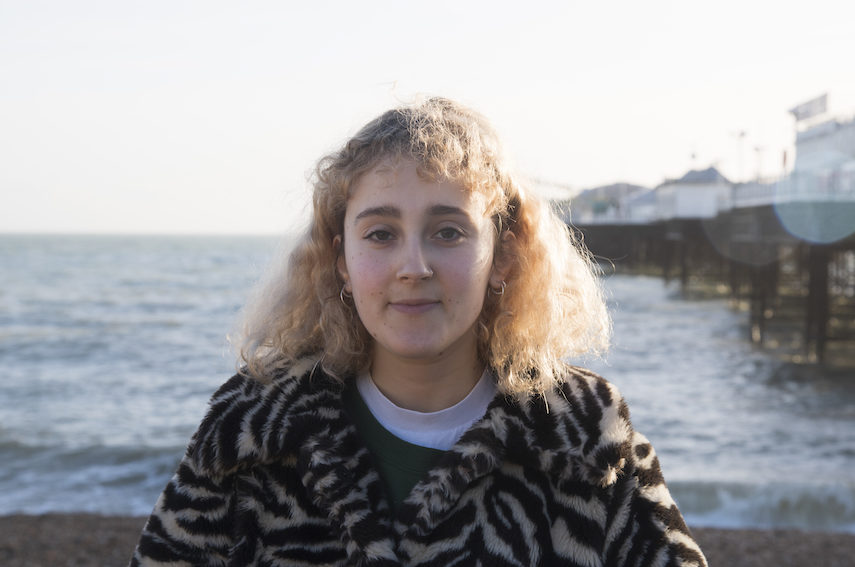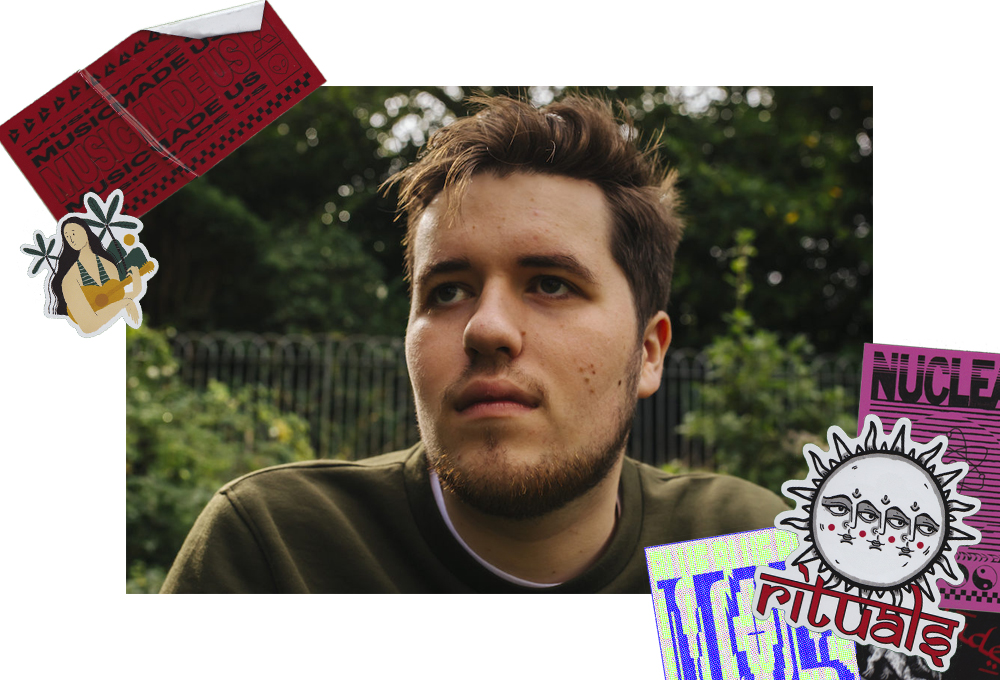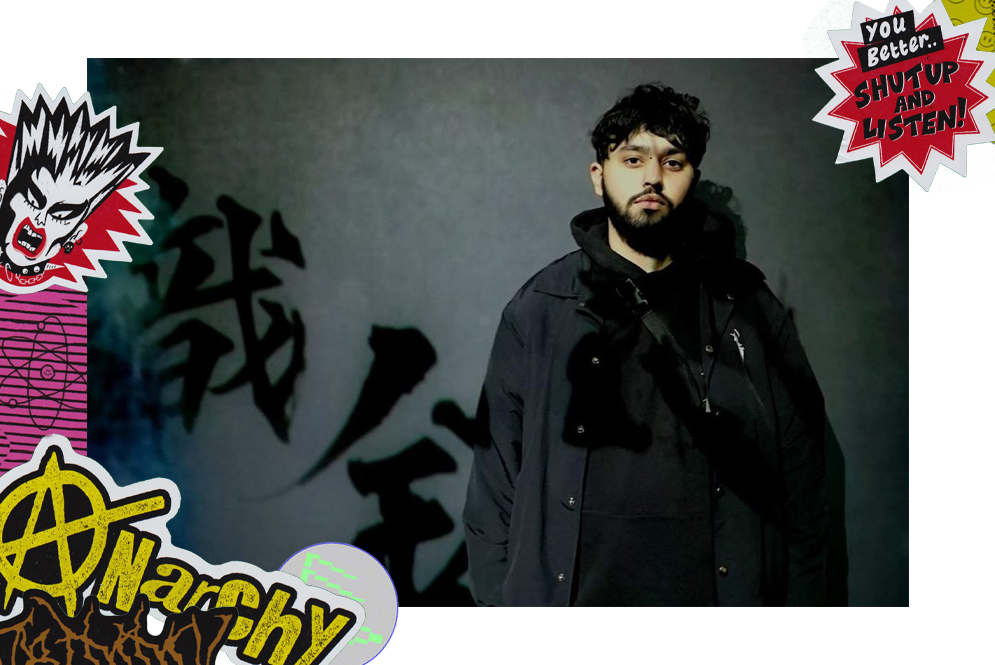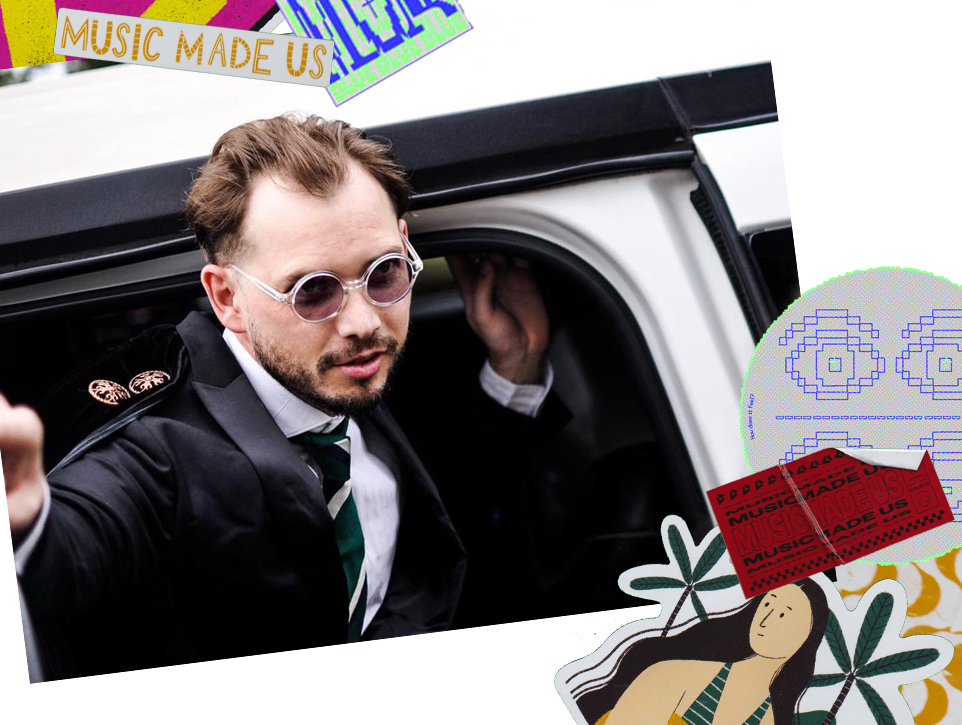… And Why You Should Never Give Up
For International Women’s Day, Olivia Judd, Songwriting graduate from BIMM Institute Brighton, poses the question: ‘But where are all the women?’ when it comes to today’s music industry. Her piece forms part of our Music Made Us campaign that explores topics, conversations, and questions like these in relation to music.
I first noticed the lack of women working in music during my Music GCSE when I was 14 years old. Of a class of about 25 students, around six were girls – including me. I remember feeling awkward and almost ashamed (embarrassed, even), and I couldn’t identify why.
This niggling feeling persisted into my Music Technology A level, where I was about one of four girls. I hoped things would change when I studied music at university, or maybe I’d get over this uncomfortable feeling of not belonging. Don’t get me wrong, there were definitely more women at my university, but we were still scarce. I then couldn’t stop noticing it, and I was becoming increasingly frustrated by it. However, most of all, I was extremely saddened by it.
“I would turn up to play gigs, and nine times out of ten, I was the only woman on the entire lineup of three or four bands.”
Festival lineups, gig lineups, sound engineers, producers, A&R, promoters, PRs: they were all men. I began to really ask myself the question: “But where are all the women?”. It then started to become a more direct experience. I searched high and low for female producers to work with, but they seemed to be non-existent. I would turn up to play gigs, and nine times out of ten, I was the only woman on the entire lineup of three or four bands. This disappointment was usually followed by the (always male) sound engineer looking straight past me and at my male bandmates for information regarding our set-up and tech spec. I felt invisible.
“But there are loads of women in music! Most of my favourite singers are women,” I hear you say. Whilst the latter may be true, things aren’t quite as peachy as you might think. A study conducted by Dr Stacy L Smith, entitled Inclusion in the Recording Studio, looked into the 700 top songs on Billboard’s year-end Hot 100 Chart between 2012 and 2018. That’s seven years of top 100 songs – surely this must be bursting with all the incredible women we adore and listen to every day: in the shower, on our commute to work, before a big night out. I mean, these were the times of Carly Rae Jepsen’s “Call Me Maybe”, “Set Fire to the Rain” by Adele, and “Havana”. Need I go on?
Alas, across the three creative roles highlighted during the study, and out of 700 songs spanning over seven years, women made up just 21.7% of artists, 12.3% of songwriters, and a dismal 2.1% of producers. Seriously: where are all the women?
Believe it or not, this isn’t the point to say: “Well, maybe women just aren’t as good at music as men”. Men have actually said that to me before – yikes. Instead, I think the issue can be found in the music industry’s foundations and building blocks. In an article written by Sarah Marsh for The Guardian, she describes how Emily Eavis – the organiser of Glastonbury festival – discussed the lack of women on their 2019 line-up:
“The pool isn’t big enough. It’s time to nurture female talent. Everyone wants it, everyone’s hungry for women, but they’re just not there.”
– Emily Eavis, Glastonbury Co-Organiser.
If we refer back to a 14-year-old Liv undergoing her GCSE Music course, women were already far and few between. No wonder I felt awkward and uncomfortable – I was in an environment that made me feel like an outsider, like I didn’t belong, like I was foolish for even trying. For many girls wanting to get into music, I can see why this would put them off; it doesn’t really feel like an option or viable career path, or at least not one they’d be supported in.
At every Parents’ Evening I attended throughout my GCSEs and A-levels, the consistent feedback I received from my music teachers was, “Olivia’s got loads of great ideas, but she never shares them – she’s so quiet! You should be more confident and speak up!” But how could I exhibit an ounce of vulnerability or feel secure enough to express my ideas when I was noticeably outnumbered in the classroom and severely under-represented in the field I was interested in progressing in?
Finding Empowerment Through Imbalance
Granted, as a 22-year-old, and with a fire in my belly to destroy the patriarchy as we know it, I wouldn’t hesitate to now share my ideas, take creative control, and stand my ground in a room of men. But I could only acquire this confidence through reading about feminism and learning about the misogyny that women experience every day, and by living through that misogyny myself.
“What you shouldn’t do is let it stop you from achieving what you desire more than anything in this world.”
In some ways, this notion is sad, but if anything, I find it empowering that I’m able to turn the very thing that is meant to suppress me into the thing that inspires me to push even more and aim even higher. And I hope you feel that too.
“It is slowly but surely improving with time.”
Although this article might make you feel like change seems very far away, it is slowly but surely improving with time. There are many festivals around the world that now curate all-female line-ups, such as Native Festival in Kent, Loud Women Fest in North London, and Boudica Festival in Coventry. We are starting to see this spark the interest and support of bigger corporations, such as iHeartRadio, who hosted a concert entitled Women Who Rock with the likes of St. Vincent and Karen O on the line-up.
“Music shouldn’t be the ‘pale, male, and stale’ playground anymore.”
– Marta Pallerès, Primavera Sound Festival Organiser.
Barcelona’s Primavera Sound festival is one of the biggest music festivals in Europe, and it offered a 50/50 split in its 2019 line-up. In an article for Loud and Quiet magazine, Primavera’s organiser Marta Pallerès wrote: “With loads of great music made by women, the paradigm of what we understood as ‘headliners’ until now is changing. Music shouldn’t be the ‘pale, male, and stale’ playground anymore.” And I couldn’t agree more!
So, when Reading & Leeds Festival publishes their lineup for 2022, and it’s 99.9% white men playing guitar music, and you want to punch your pillow, tear out your hair, and hurl your phone across your bedroom in a state of rage, you should definitely do that because it really is ridiculous. But what you shouldn’t do is let it stop you from achieving what you desire more than anything in this world, just because of your gender identity.
“Women are brave and strong, and they can do anything they set out to do.”
If you dream of playing the main stage at Glastonbury on a Friday night to tens of thousands of people, managing the hottest artist of the moment, being a Grammy award-winning producer, or engineering at The O2, then please, please, dream and do it. There is absolutely no reason why you can’t do everything you set out to do, just because you are a woman. Women are brave and strong, and they can do anything they set out to do.
Amplify and support trans women and black women. When a man questions your technical ability as a bassist or tries to mansplain reverb to you, don’t let that dishearten you. Instead, take pity and let his ignorance fuel your ever-growing desire to prove everyone wrong, to show everyone that you are good enough and that being a woman doesn’t weaken you; it gives you the strength to take the world by storm.
Our Music Made Us campaign is told through the students, graduates, journalists, experts and passionate people who have been shaped by music. Discover their stories here.



